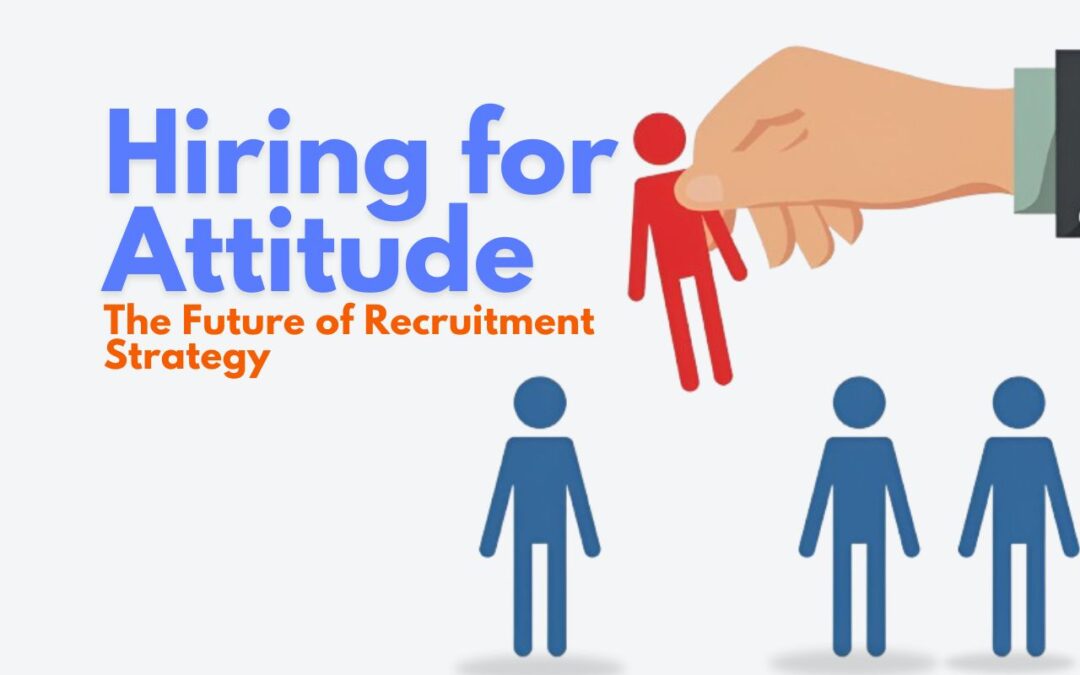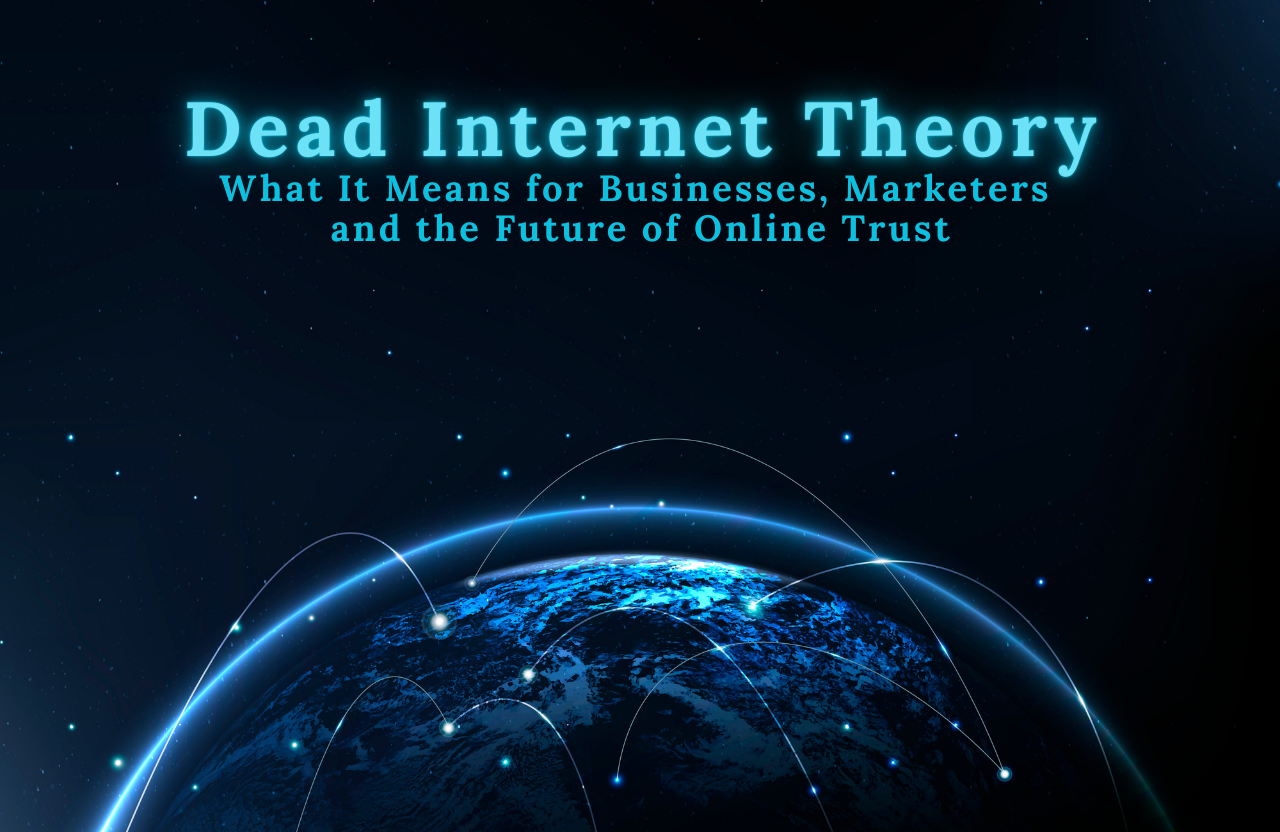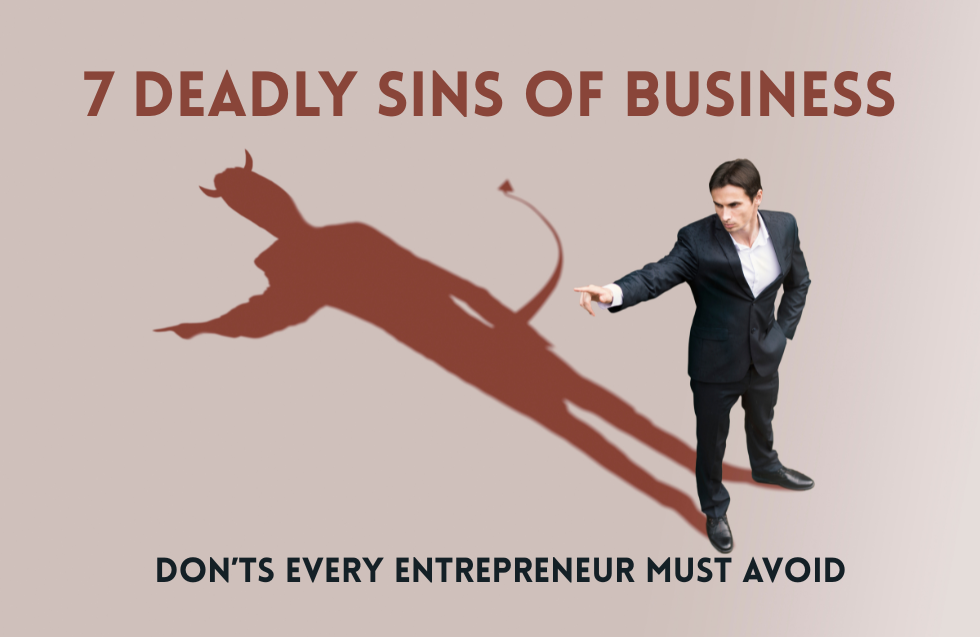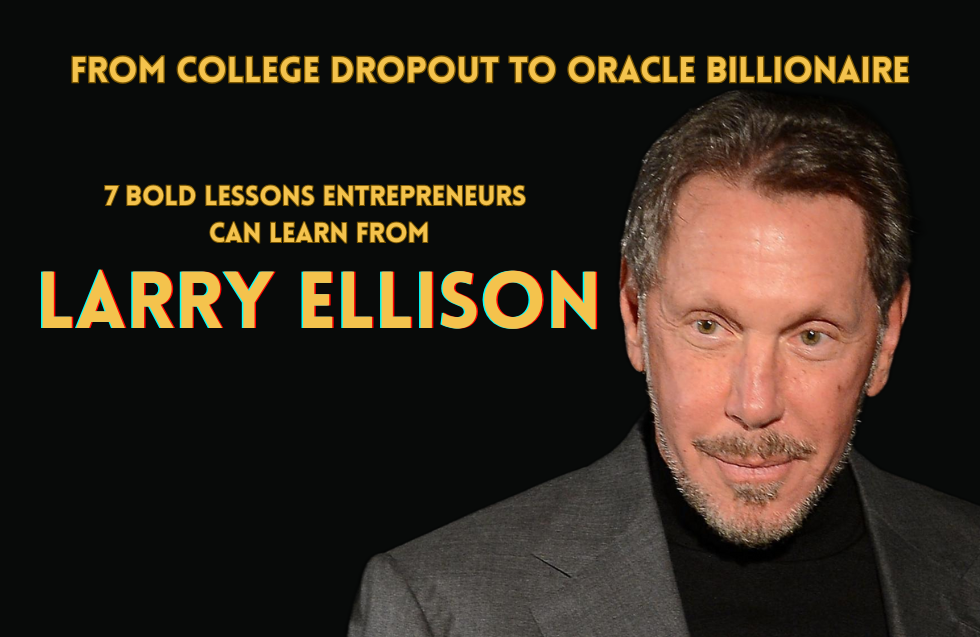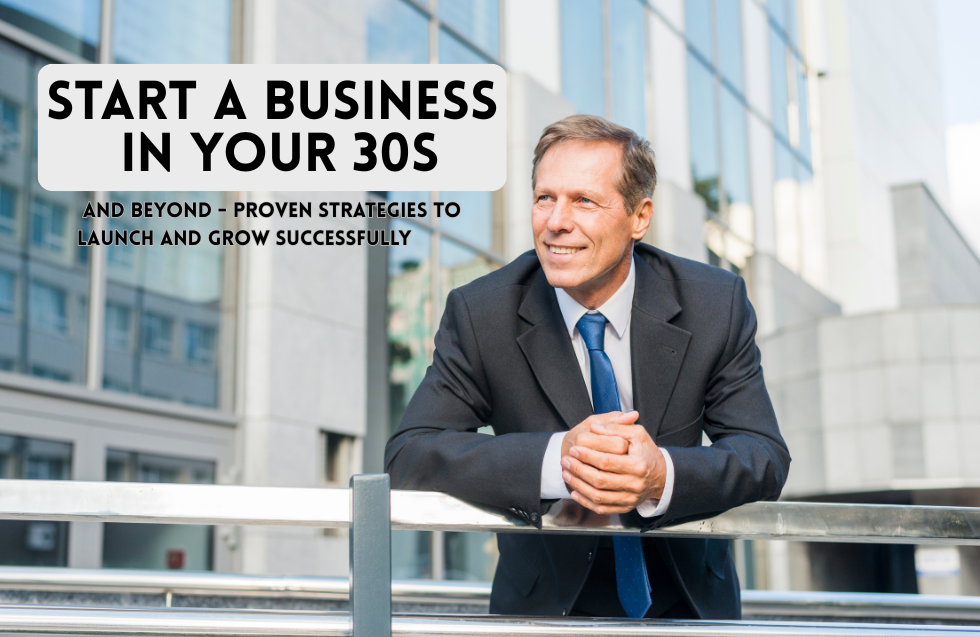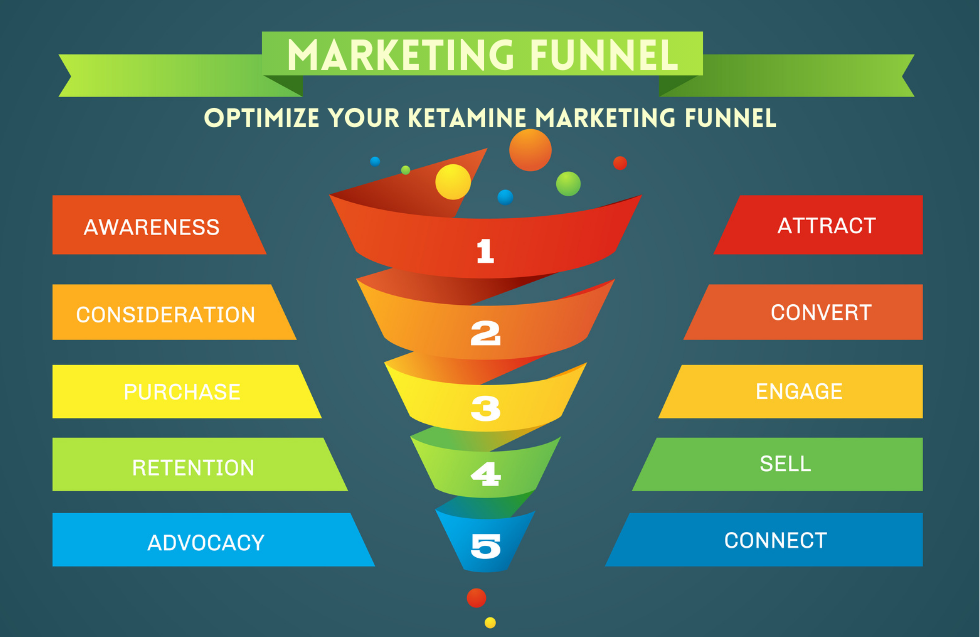In today’s fast-paced and ever-evolving business landscape, the traditional approach to recruitment—prioritizing experience over everything else—faces a seismic shift. While experience has its merits, the growing consensus among industry leaders, HR professionals, and hiring managers is that attitude trumps experience in building resilient, innovative, and successful teams. This blog explores why hiring for attitude is not just a trend but the future of recruitment strategy, backed by facts, stats, and actionable insights.
The Problem with an Experience-First Approach
Traditionally, hiring decisions have been based on an applicant’s previous job titles, years in the industry, and a glowing resume filled with achievements. While these indicators are helpful, they often fail to account for critical success factors like adaptability, cultural fit, and growth potential. Here’s why this is problematic:
- Stagnation in Skills: According to a 2023 report by LinkedIn, 30% of professionals admitted that their skills hadn’t been updated in the past three years, despite rapid changes in their industries. Hiring solely for past experience might bring outdated methods into your organization.
- Mismatch in Culture: Gallup’s 2022 Workplace Report revealed that 48% of employees leave their roles due to cultural misalignment, a factor that experience alone cannot mitigate.
- Reduced Agility: In a volatile economy, companies need employees who can pivot quickly. Experienced candidates with a rigid mindset may resist change, limiting an organization’s ability to adapt.
What Does “Hiring for Attitude” Mean?
Hiring for attitude means prioritizing soft skills, values, and cultural alignment over hard skills or a specific job history. It focuses on traits such as:
- Resilience: Can the candidate bounce back from challenges?
- Adaptability: Are they open to learning new skills or approaches?
- Curiosity: Do they seek opportunities to grow?
- Collaboration: Are they team players?
These qualities often translate into a stronger long-term fit and higher performance levels.
The Stats Supporting Attitude-First Hiring
Here are some compelling statistics underscoring why hiring for attitude is a winning strategy:
- High Impact on Performance: According to a study by Leadership IQ, 89% of new hires fail within 18 months due to attitude-related reasons, while only 11% fail due to a lack of skills.
- Cultural Fit Drives Retention: Research by Deloitte highlights that organizations with strong cultural alignment experience 30% lower turnover rates.
- Adaptability Equals Longevity: The World Economic Forum’s 2023 report identified adaptability and lifelong learning as two of the top skills needed to thrive in the workplace of the future.
Why Attitude Outweighs Experience in Modern Workplaces
- Skills Can Be Taught, Attitude Cannot
Training programs and on-the-job learning can equip employees with the technical skills they need. However, teaching intrinsic qualities like a positive attitude, perseverance, and eagerness to learn is far more challenging. A candidate with the right attitude will actively seek to acquire new skills, often exceeding expectations. - The Rise of Technology and Automation
With advancements in AI, automation, and machine learning, many tasks that previously required specialized experience are now performed by technology. This shift emphasizes the need for human qualities like critical thinking, creativity, and emotional intelligence—areas where attitude plays a crucial role. - Fostering Innovation
Employees with a growth mindset are more likely to think outside the box, experiment with new ideas, and drive innovation. Experience-focused hiring may inadvertently filter out these creative thinkers in favor of candidates who fit a specific mold. - Building a Resilient Workforce
The COVID-19 pandemic showed the world the importance of adaptability and resilience. Companies that thrived were those with employees willing to embrace change, upskill, and collaborate during uncertain times—traits linked to attitude, not experience.
Case Studies: Companies Winning with Attitude-First Hiring
- Southwest Airlines
Known for its customer-centric approach, Southwest Airlines famously hires for attitude. The company prioritizes candidates who exude positivity, teamwork, and a willingness to go the extra mile. This strategy has contributed to their consistently high customer satisfaction ratings. - Google
Google’s hiring philosophy emphasizes “Googliness,” a set of traits including humility, teamwork, and curiosity. The tech giant believes these qualities foster innovation and collaboration, driving its success as one of the most admired companies globally. - Zappos
The e-commerce company Zappos prioritizes cultural fit above all else. Their hiring process includes interviews specifically designed to gauge alignment with company values, leading to high employee satisfaction and retention rates.
How to Hire for Attitude: A Step-by-Step Guide
- Redefine Your Job Descriptions
Move beyond technical requirements. Include soft skills, cultural values, and personality traits that align with your organization’s mission. - Behavioral Interview Questions
Use open-ended questions to assess how candidates handled challenges in the past. For example:- “Tell me about a time when you had to adapt to a major change.”
- “Describe a situation where you worked with a difficult team member. How did you handle it?”
- Incorporate Psychometric Testing
Tools like the Myers-Briggs Type Indicator (MBTI) or DiSC assessments can provide insights into a candidate’s personality, strengths, and potential areas of growth. - Focus on Cultural Fit
Involve team members in the hiring process to gauge how well the candidate might integrate with the group. A strong cultural fit can significantly boost team morale and productivity. - Consider Trial Periods
Short-term projects or internships can help assess a candidate’s attitude and work ethic in a real-world setting before making a permanent commitment.
Balancing Attitude and Experience
While hiring for attitude has numerous benefits, it’s essential not to disregard experience entirely. The ideal approach combines both:
- For roles requiring highly specialized knowledge (e.g., surgeons, engineers), experience remains critical.
- For roles where collaboration, creativity, and adaptability are key, attitude should take precedence.
Challenges and How to Overcome Them
- Bias in Hiring
Relying too heavily on subjective judgments can lead to unconscious bias. To mitigate this, use structured interviews and diverse hiring panels. - Short-Term Skill Gaps
Candidates hired for attitude might initially lack the technical skills needed. Invest in robust training programs to bridge these gaps effectively. - Resistance to Change
Some organizations may find it hard to shift away from traditional hiring methods. Communicate the long-term benefits of attitude-first hiring to stakeholders and back your strategy with data.
The Future of Recruitment: Adaptability is King
As industries evolve, so will the nature of work. The World Economic Forum predicts that by 2030, 85% of jobs will require skills that don’t exist today. In such a dynamic environment, hiring for attitude ensures that your workforce remains agile and future-proof.
Conclusion
The future of recruitment lies in recognizing the power of attitude. By hiring individuals who are adaptable, curious, and aligned with your company culture, you not only build a resilient workforce but also create a thriving organizational environment. In a world where change is the only constant, attitude-first hiring is not just a strategy—it’s a necessity.
So, as you refine your recruitment processes, ask yourself: Are you hiring for what someone has done, or for what they can become? The answer could define the success of your organization for years to come.
